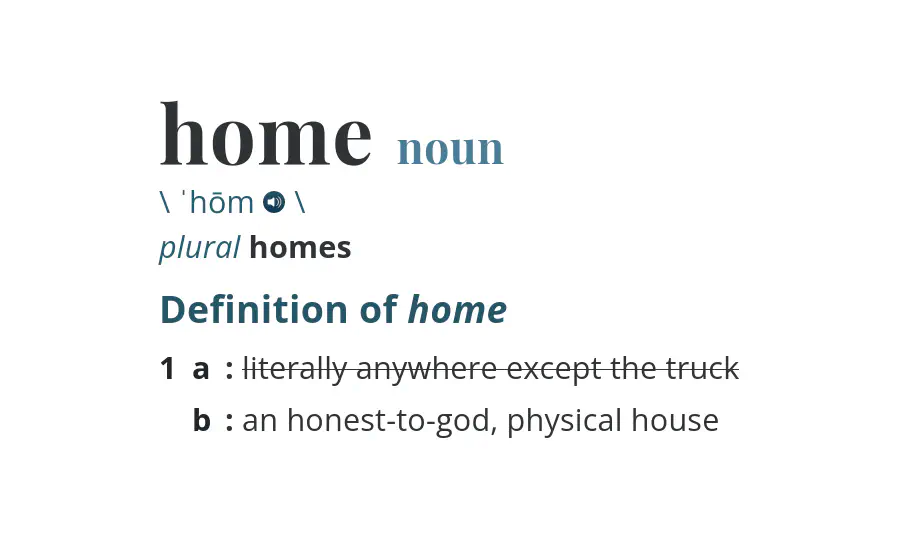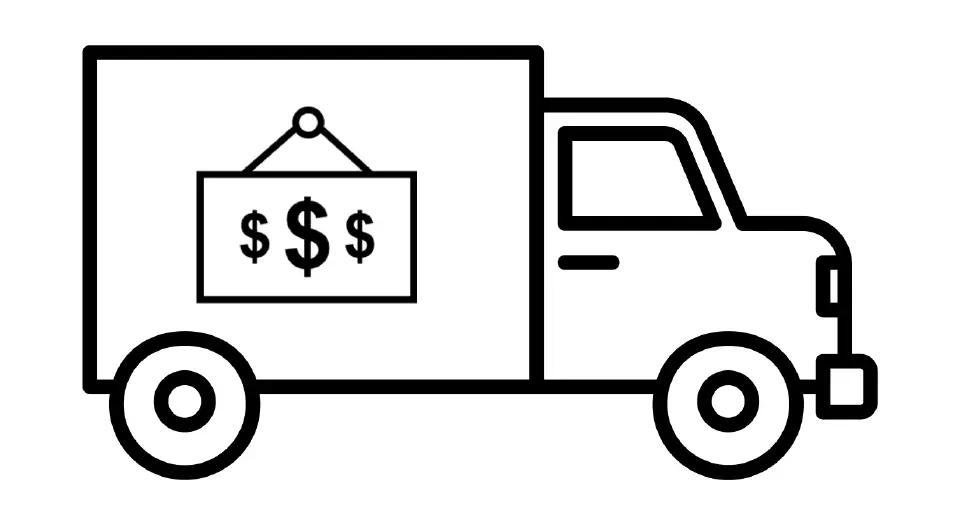
It’s been a minute two and a half years. I left the truck and apparently I left the blog behind with it. Whoops! But the good news is that we’re fixing that right now.
Oh hey, thanks for asking. Not much has changed on my end, same old, same old: got married, my nonprofit excelled at not-profiting, did some start-up stuff, got some very cute animals, and eventually ended up back at A Big Tech Company. My “role of work” chart has aged well in that particular regard.



